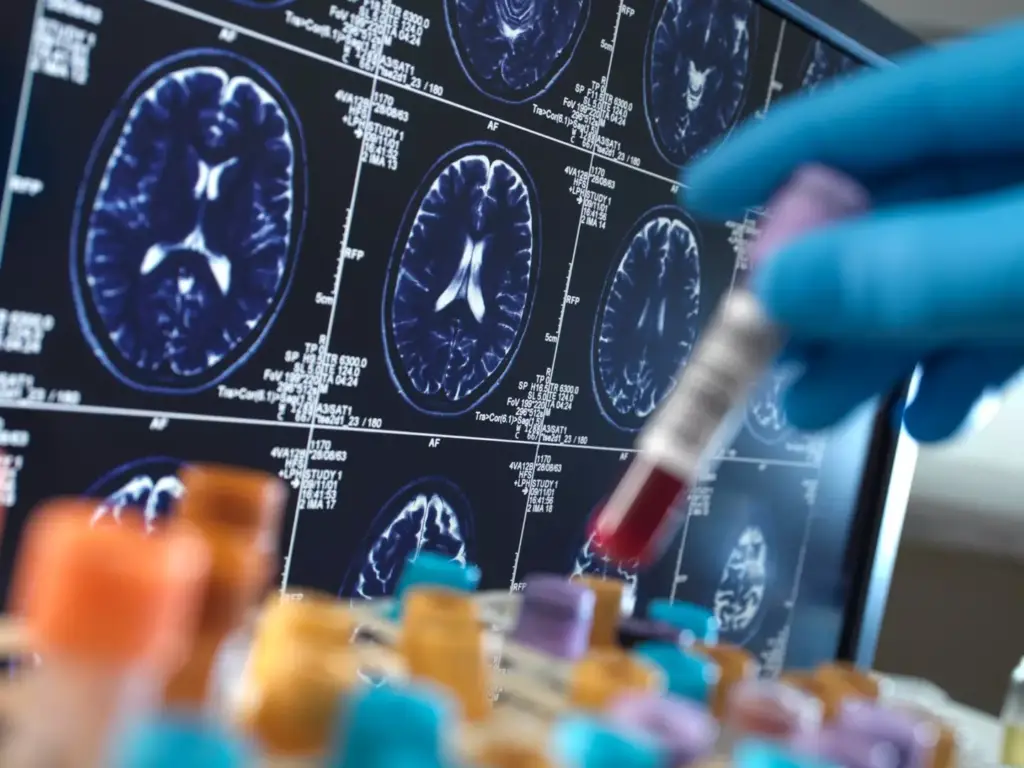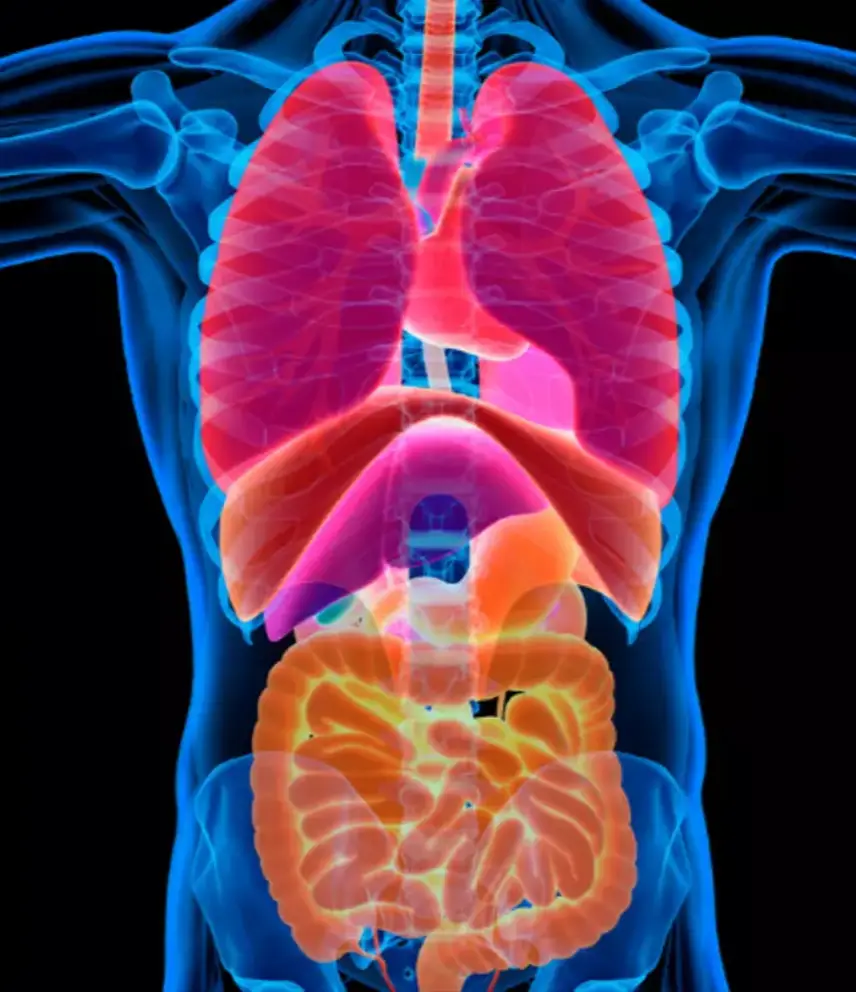Fasting is often misunderstood, with many believing it slows down metabolism and leads to fatigue. However, Dr. Jason Fung, a proponent of intermittent fasting, offers insights that challenge these common assumptions. In a discussion on the Diary of a CEO podcast, Dr. Fung shares his perspective on how intermittent fasting might influence the body, providing a fresh look at the practice.
Does Fasting Increase Energy?

Contrary to the belief that fasting slows metabolism, Dr. Fung suggests that, under certain conditions, intermittent fasting can help the body tap into stored calories for energy. He mentions that when insulin levels drop during fasting, hormones like growth hormone and cortisol increase, which may lead to higher energy levels. However, it’s essential to note that these effects can vary from person to person, and not everyone experiences the same boost in energy.
Read More: Why Do Cows Have Holes in Their Stomachs in America?
The Fight-or-Flight Response

Dr. Fung compares the body’s reaction during fasting to a heightened “fight-or-flight” state. When the body goes without food for a period, stress hormones like cortisol may increase, potentially making individuals more alert. However, it’s important to remember that prolonged fasting can also lead to irritability or fatigue, and this state may not be suitable for everyone.
Beyond Weight Loss: Health Considerations

Some research, including studies from institutions like the University of Cambridge, suggests that fasting could offer health benefits beyond weight loss. For instance, a 24-hour fast may help reduce inflammation by increasing levels of certain fatty acids like arachidonic acid. This effect could contribute to lowering the risk of chronic diseases, though further research is required to fully understand these potential benefits.
Read More: People Shocked After Realizing Why There are No Skeletons on the Titanic
Fasting and Brain Health

Emerging studies also explore how intermittent fasting might impact brain health, particularly in reducing inflammation that could contribute to neurodegenerative conditions. However, researchers caution that while these preliminary findings are promising, more comprehensive studies are needed to confirm long-term effects on cognitive health.
The Breakfast Debate: Different Views

While Dr. Fung advocates for intermittent fasting, including skipping breakfast, not all experts agree. Nutrition therapist Justin Nault, for instance, advises that skipping breakfast could indicate underlying metabolic issues in some individuals. Additionally, public health guidelines, such as those from the NHS, continue to emphasize the importance of breakfast for maintaining balanced energy and overall health.
Should You Try Fasting?
Before trying intermittent fasting, it’s crucial to consult with a healthcare professional. While fasting may offer health benefits for some, it’s not suitable for everyone—especially those with specific medical conditions. Always base lifestyle changes on scientific evidence and professional guidance.
Read More: Neuroscientist Claims 3 Common Foods Could Contain Parasites that Can Cross into Your Brain

